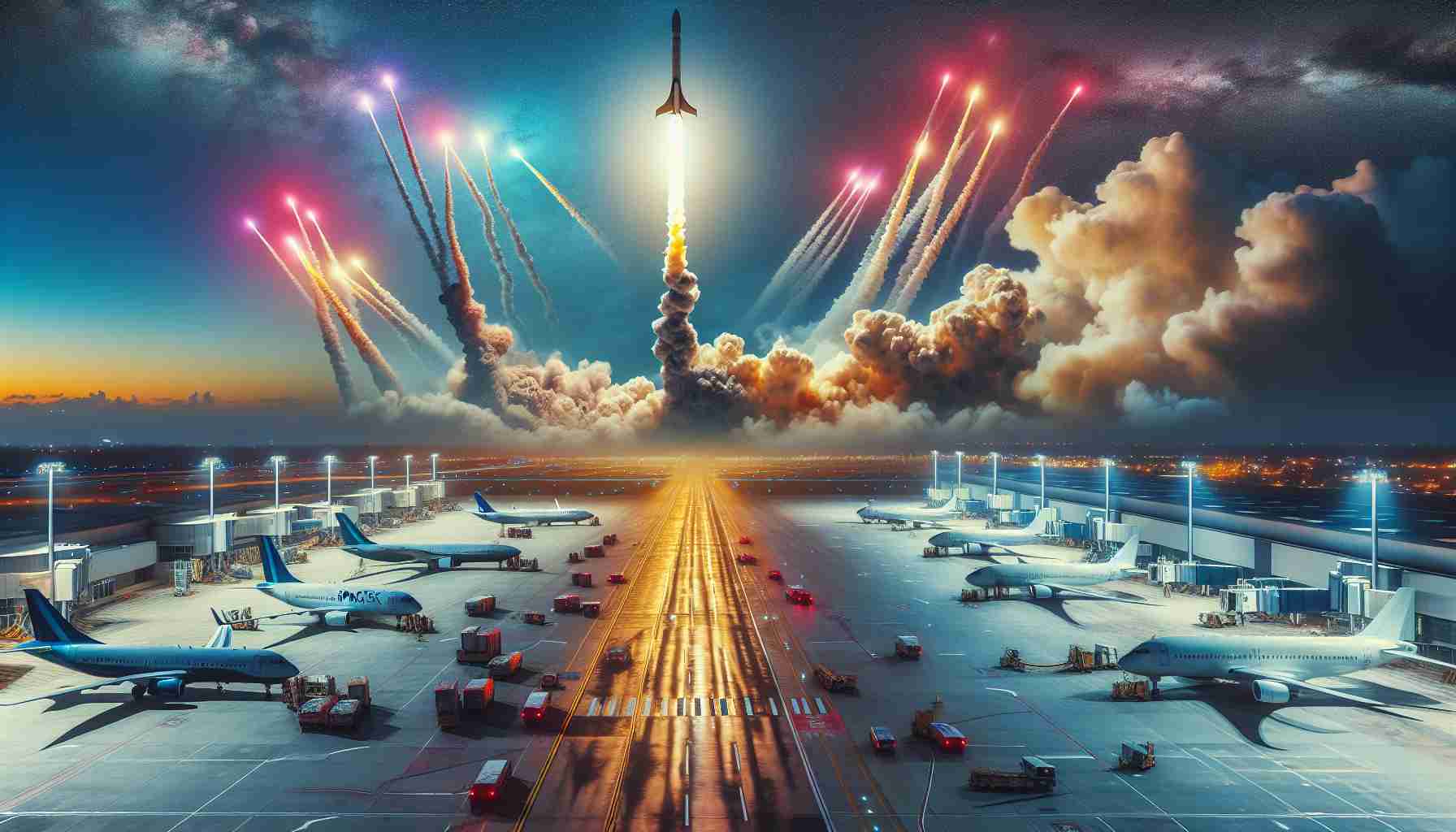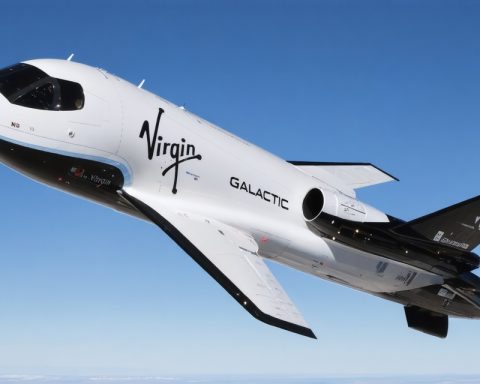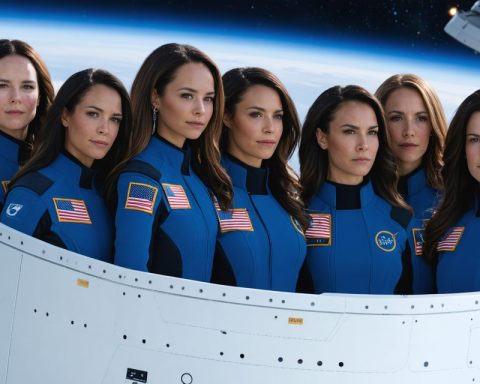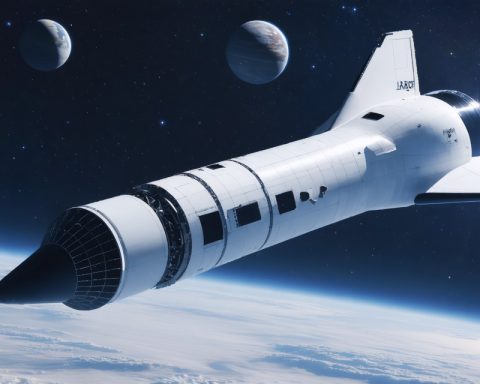The Qantas airline has recently experienced significant disruptions in its flights between Sydney and Johannesburg. These delays, some lasting up to six hours, were prompted by advice from the U.S. government concerning the re-entry of SpaceX rockets over a particular segment of the southern Indian Ocean.
The adjustments came as a result of last-minute changes in the re-entry timings and coordinates for the rockets launched by SpaceX, founded by entrepreneur Elon Musk. Ben Holland, who oversees operations at Qantas, explained that despite their best efforts to manage schedules ahead of time, the unpredictable nature of recent rocket launches led to flight delays just before takeoff.
To tackle future interruptions, Qantas is actively communicating with SpaceX. The airline is requesting more precise information regarding the areas and timings for the rocket re-entries, with the goal of minimizing such disruptions for passengers in the future.
The ongoing interplay between commercial air travel and space exploration serves as a reminder of the evolving challenges in air travel logistics. As airlines adapt to the new realities of rocket launches, passengers are left hoping for smoother journeys ahead amidst these high-tech developments.
Disruptions in Air Travel: The Ripple Effects of Space Exploration
The recent flight disruptions experienced by Qantas between Sydney and Johannesburg underscore the intricate relationship between modern air travel and the burgeoning frontier of space exploration. As rocket launches become more frequent, the coordination required to safely manage air traffic and space missions has far-reaching implications for the environment, humanity, and the global economy.
The incident involving Qantas highlights the vulnerabilities of our air travel systems. Delays caused by re-entry patterns of rockets not only inconvenience passengers but also pose significant challenges for airlines. The aerospace market is evolving rapidly, with commercial spaceflight becoming a more common occurrence, pushing traditional air travel models to adapt swiftly. This intersection raises important questions about regulatory frameworks, safety protocols, and logistical advancements as we embrace a future where airspace is shared with spacefaring vehicles.
From an environmental perspective, the increase in rocket launches correlates with a rise in carbon emissions from both air traffic and space missions. While commercial airlines have made strides in improving fuel efficiency, a simultaneous increase in space travel could offset those gains. The impact of rocket launches on stratospheric ozone levels and their contribution to atmospheric pollution are areas of growing concern. As humanity strides into a new era of exploration, it remains critical to consider sustainable practices that minimize environmental degradation and promote ecological stewardship.
Moreover, the disruptions experienced by airlines like Qantas can have significant economic ramifications. Airlines operate on tight schedules and rely on precision in their operations to maximize profitability. Each flight delay can result in financial losses not only for the airline but also for the broader travel industry, affecting tourism, hospitality, and related sectors. As the commercial space industry expands, it will be essential for economies to develop new models that incorporate the economic impact of spaceflights on existing aviation businesses.
Planning for the future of humanity signifies the importance of collaboration between the aviation and aerospace sectors. Qantas’s proactive approach in seeking precise information from SpaceX demonstrates the necessity for clear communication and coordination between these industries. Such collaboration could lead to the development of advanced air traffic management systems capable of accommodating both commercial flights and space activities, potentially mitigating future disruptions.
As we navigate this brave new world where air travel and space exploration coexist, we must consider the interconnectedness of technology, environmental stewardship, and economic viability. The future of aviation—not just for passengers, but for the sustainability of our planet—depends on our ability to adapt and innovate in the face of new challenges posed by our ventures beyond Earth’s atmosphere. In doing so, we pave the way for a harmonious coexistence that ensures safety, efficiency, and sustainability in air travel for generations to come.
Flight Delays Due to SpaceX: How Airlines are Adapting to New Challenges
Understanding the Disruptions in Qantas Flights
Qantas Airlines has recently faced considerable flight disruptions between Sydney and Johannesburg, with delays reaching up to six hours. These interruptions were primarily due to advisories from the U.S. government regarding the re-entry of SpaceX rockets over a specified segment of the southern Indian Ocean. This incident highlights the intricate relationship between the booming space industry and commercial aviation, underscoring emerging challenges in air travel logistics.
The Impact of SpaceX Rocket Launches on Flight Operations
Ben Holland, head of operations at Qantas, shared that the airline struggled to manage its flight schedules effectively in light of the unexpected nature of recent rocket launches. The last-minute changes to re-entry timings and coordinates for the SpaceX rockets were significant contributors to the operational disruptions that passengers faced. With the rising frequency of such launches, airlines are increasingly challenged to adapt their flight paths for safety reasons.
Strategies for Future Aviation Adjustments
To mitigate future disturbances, Qantas is proactively engaging with SpaceX. The airline has requested more accurate information concerning the timing and locations of rocket re-entries. This communication is vital for Qantas to better prepare and adjust its flight schedules, aiming to minimize passenger inconvenience in the event of such conflicts.
Pros and Cons of the Current Situation
Pros:
– Increased Safety: Coordination between airlines and SpaceX can enhance traveler safety by avoiding potential hazards.
– Innovation in Communication: Ongoing conversations may lead to improved operational frameworks for both the aviation and aerospace industries.
Cons:
– Travel Disruptions: Passengers may face delays and cancellations, affecting their travel plans.
– Operational Challenges: Airlines like Qantas must navigate the complexities of integrating space travel considerations into their daily operations, which can strain resources.
A Look Ahead: Trends and Predictions for Air Travel
As the commercial space industry continues to grow, the frequency of rocket launches is expected to increase. This trend may compel airlines to develop more flexible flight scheduling and enhanced communication strategies with space agencies and companies. Innovations in air traffic management systems might be necessary to accommodate this new reality, ensuring that both air and space travel can co-exist safely.
Conclusion
The recent disruptions experienced by Qantas serve as a wake-up call for the aviation industry. As commercial space travel becomes more commonplace, airlines will need to adapt, innovate, and forge stronger partnerships with space exploration entities like SpaceX. Passengers can anticipate a future where both air travel and space exploration coexist, albeit with necessary adjustments to ensure a smooth flying experience.
For more information, you can visit Qantas.














